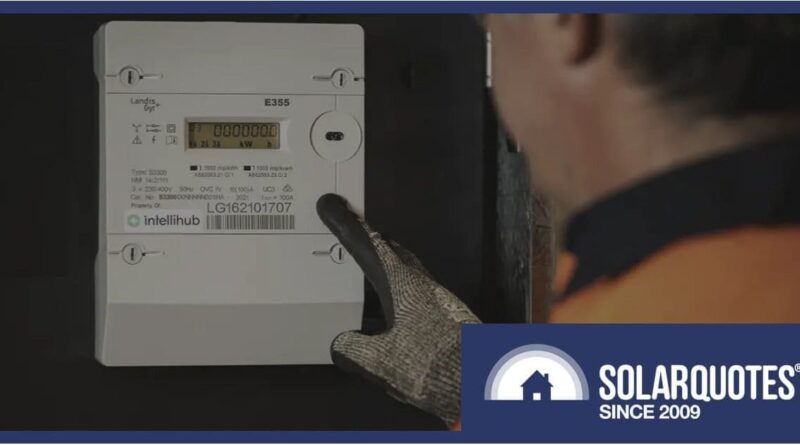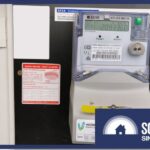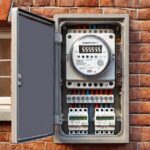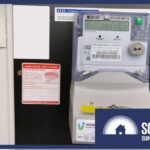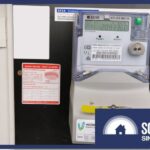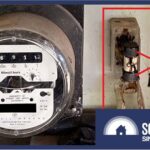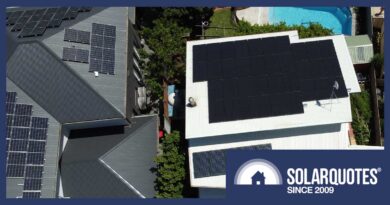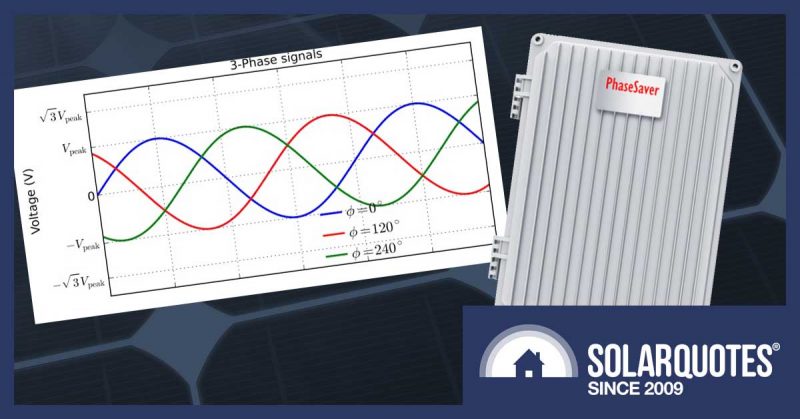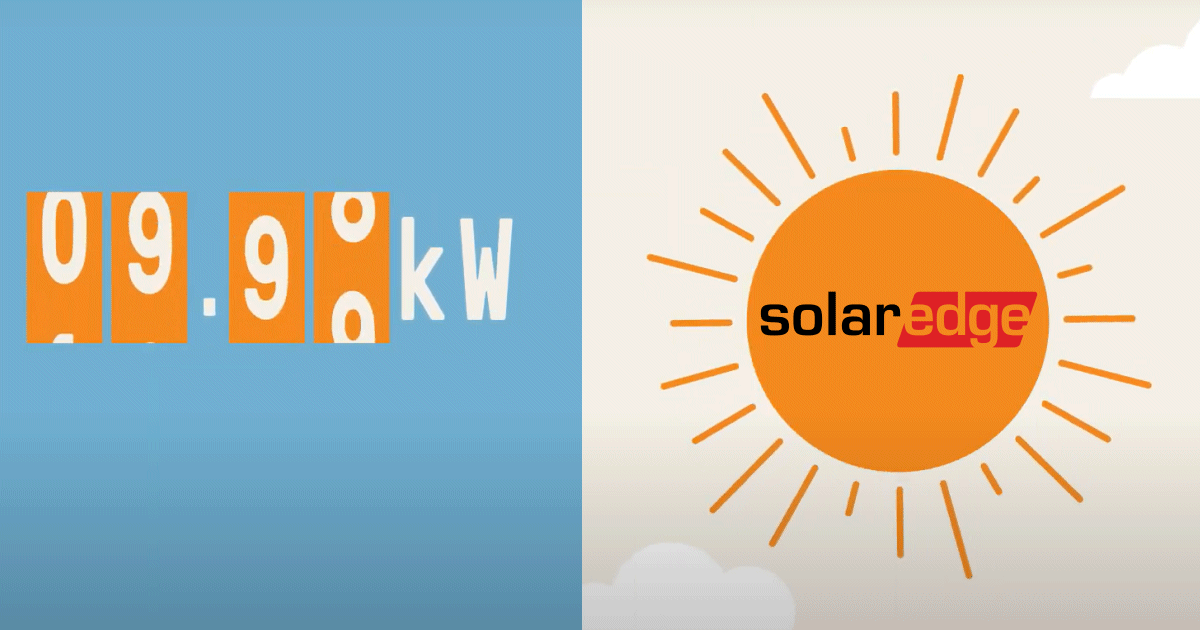More Funding For Australia’s Smart Meter Rollout
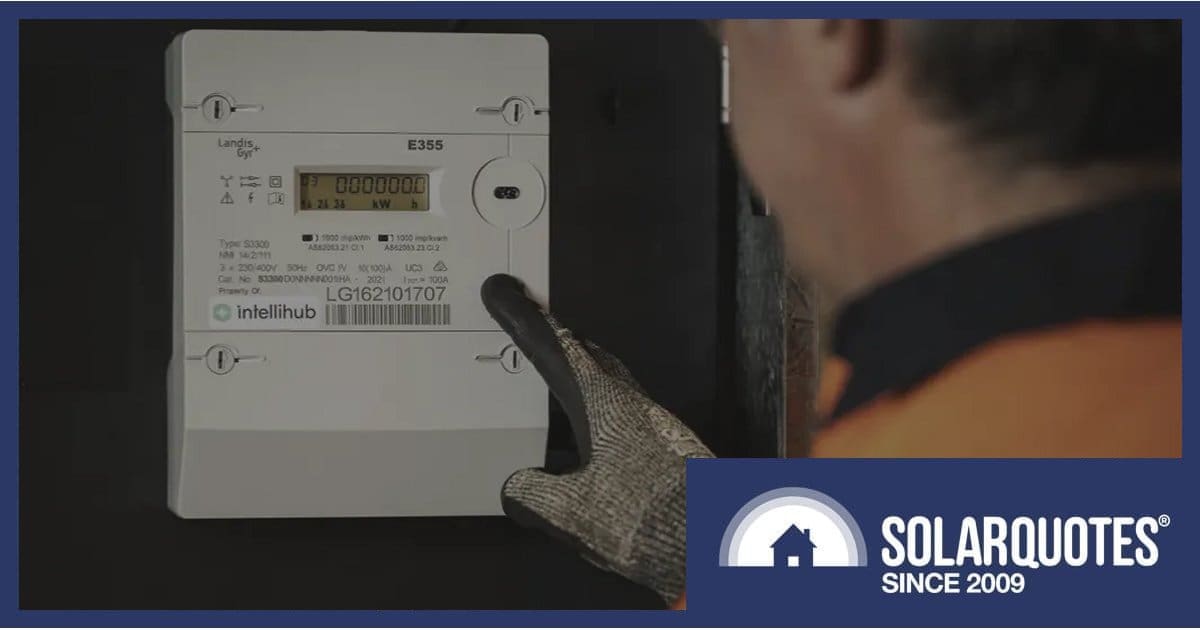
A $50 million Clean Energy Finance Corporation (CEFC) loan announced yesterday will help support and accelerate smart meter uptake in Australia.
A smart meter is a device measuring electricity use and exports in at least 30-minute intervals, information that is sent to an electricity retailer for billing purposes. If you’re in Victoria, on a time-of-use electricity plan, or had a solar power system installed in the last few years, you’ll have a smart meter. It’s also been a national rule for years that all new and replacement meters are smart meters.
Smart meters:
- Do away with the need for manual or estimated meter reads.
- Allow disconnections/reconnections to be carried out remotely – no need for a tech to visit.
- Enable electricity customers to get a better handle on how and when they use electricity.
- Monitor power quality and notify the relevant distributor if there’s a problem.
- Can provide access to electricity plans with pricing that varies according to the time of day (time-of-use).
- Enhance coordination of consumer energy resources.
“More smart meters mean more visibility, choice and control for small businesses and families when it comes to electricity consumption and bills,” says Federal Assistant Minister for Climate Change and Energy Jenny McAllister.
Earlier this year, the Australian Energy Market Commission (AEMC) published its draft determination/rule for accelerating smart meter deployment in Australia; reforms paving the way for universal uptake by 2030. Achieving that won’t be a slam dunk. Outside of Victoria, smart meter uptake in other states and territories is around 30%. And at the installation rate of last year, full deployment may not happen until after 2040.
The $50 million CEFC loan commitment will enable smart meter provider Intellihub to ramp up deployment and also lift investment in smart behind the meter (BTM) devices. Intellihub provides metering devices and services to more than 50 energy retailers across Australia and New Zealand, and manages more than 2.5 million smart meters.
“We believe our work in facilitating greater take up and coordination of consumer energy resource devices can make a meaningful impact on the stability of the grid,” said Intellihub CEO Wes Ballantine. “The support of the CEFC is helping us make that vision a reality.”
This loan isn’t the CEFC’s first dealings with Intellihub – it was an early investor in the company, and has provided other funding since.
Smart Meter Rollout Not All Sunshine And Puppies
While smart meters are an important part of the energy transition, some electricity retailers have reportedly been behaving badly.
Among the issues reported, unexpected changes to a household’s electricity tariffs can occur after a smart meter is installed. The situation has the AEMC’s attention and it has committed to investigating tariff issues linked to the rollout, along with a broader tariff pricing review. AEMC Chair Anna Collyer said last month the Commission did not want to “blindly push ahead” on accelerated deployment without considering what more it can do to address concerns.
Making Smart Meter Data Work For You
If you have a smart meter, you’re not limited to the information provided by electricity retailers. You can also access smart meter data in an NEM12 file to do with as you will.
Here on SolarQuotes, a couple of tools have been recently created to turn that NEM12 data into something useful for households with solar power systems. One is the new SQ Battery Calculator, which provides detailed savings and payback information based on your real-life 12- month usage. The other is our “Sun Tax” Calculator“, which indicates how much solar export charges – part of two-way pricing some electricity distributors are introducing – could affect you.
Original Source: https://www.solarquotes.com.au/blog/smart-meters-cefc-mb2961/

